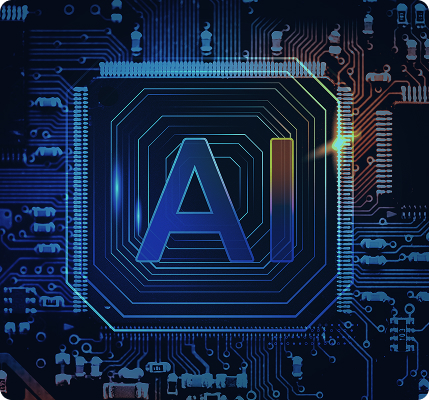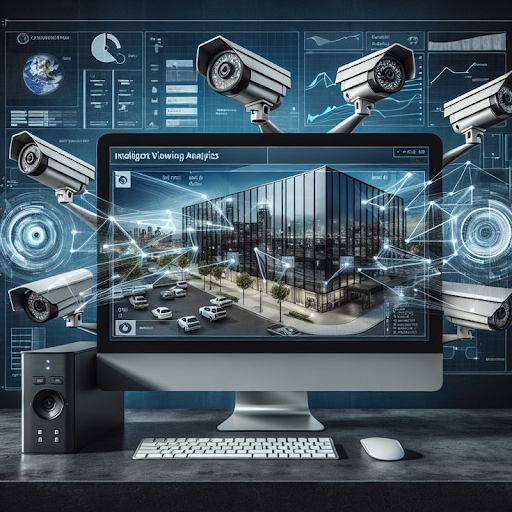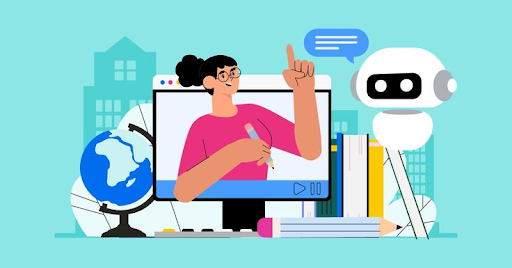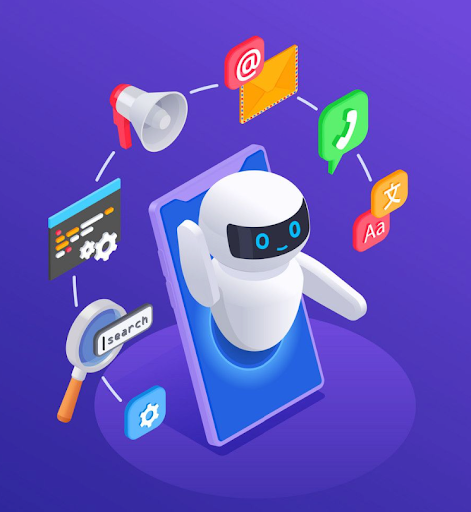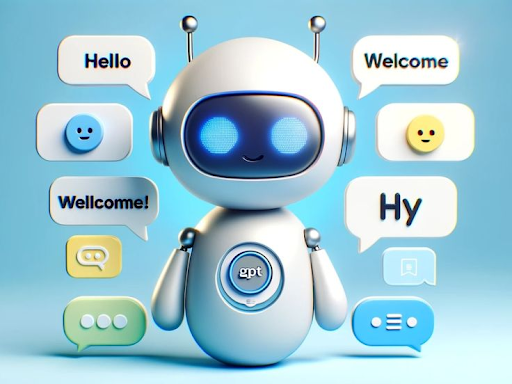AI Outsourcing Strategy from AI Agencies – Should You Develop In-house or Collaborate?
1. Introduction
Artificial Intelligence (AI) is increasingly becoming a core element in the development strategy of many businesses. However, a big question arises: should businesses develop AI internally or collaborate with AI Agencies to implement AI solutions? This decision can affect the cost, performance, and speed of AI deployment in the enterprise.
This article will analyze the advantages and disadvantages of these two strategies, provide a detailed comparison, and suggest suitable directions for different types of businesses.
2. Developing AI In-house – Benefits and Challenges
Benefits of Developing AI In-house
- Complete Control: Businesses have complete control over the AI system, from data to AI models, ensuring high security and flexibility in optimizing models according to specific needs.
- Customization According to Needs: Can adjust AI to suit specific business characteristics, not limited by available commercial solutions.
- Creating Long-term Competitive Advantage: Owning proprietary AI technology helps businesses create distinct value and enhance their position in the industry.
- Deep Integration of AI into Business Processes: Businesses can integrate AI into their entire ecosystem without being constrained by external solutions.

Challenges of Developing AI In-house
- High Investment Costs: Building a team of AI experts, purchasing powerful computing infrastructure (GPUs, servers), and maintaining systems can cost millions of dollars.
- Lack of Specialized Personnel: AI requires personnel with extensive knowledge of machine learning, data science, software, and data engineering, which not all businesses have readily available.
- Long Deployment Time: Building from scratch can take many months or even years before AI truly creates value for the business.
- Difficult Maintenance and Upgrades: AI needs continuous improvement and retraining of models to keep up with market and data changes.
3. Outsourcing AI from AI Agencies – Benefits and Limitations
Benefits of Outsourcing AI
- Cost Savings: Businesses don't need to invest heavily in infrastructure and expert teams but can still use advanced AI solutions.
- Rapid Deployment Time: AI Agencies with experience help deploy AI faster, from a few weeks to a few months instead of many years.
- Access to Latest Technology: AI Agencies continuously update with new technology, helping businesses leverage the most modern solutions without investing in research.
- Risk Reduction: AI Agencies have experience implementing many projects, helping businesses avoid common errors and minimize failures.
- Performance Optimization: AI Agencies often have pre-trained AI models, making it easier for businesses to integrate without needing to rebuild from scratch.
Limitations of Outsourcing AI
- Limitations in Customization: Businesses may not have complete control over AI models, making it difficult to adjust to specific requirements or optimize individually.
- Long-term Costs Can Be High: Although initial outsourcing costs are low, in the long run, the cost of using AI Agency services can increase, especially if AI plays an important role in the business.
- Data Security Risks: If AI processes sensitive data, businesses need to ensure that AI Agencies have strict security policies and comply with data protection regulations.
- Dependence on Third Parties: Businesses may become dependent on AI providers, creating difficulties if they want to change or upgrade systems.
4. When to Choose In-house AI Development and When to Outsource?
Develop AI In-house If:
- The business has strong financial resources and can invest long-term.
- Data is a core asset and requires absolute security.
- AI is an important part of the long-term business strategy.
- There is already an experienced technical team in AI.
- The business wants complete control over AI and to integrate AI into all business processes.
Outsource AI from AI Agencies If:
- The business wants to deploy AI quickly with optimal costs.
- There is no specialized AI team and no desire to invest heavily in personnel.
- Standard AI solutions like AI Chatbots, data analysis, image recognition are needed, but not custom development.
- The business wants to experiment with AI before making a major investment.
- The business needs flexibility and the ability to continuously update AI technology without direct management.
5. Conclusion
Both strategies of in-house AI development and outsourcing from AI Agencies have their own advantages and challenges. The appropriate decision depends on business goals, budget, and technological capabilities of the enterprise. For large businesses, in-house AI development can be considered for comprehensive control. Meanwhile, small and medium-sized businesses may benefit from outsourcing to quickly apply AI without having to invest too much.
Are you ready to apply AI to your business?
Consider the appropriate strategy and if you need support, don't hesitate to contact AI experts for the most effective deployment roadmap!
